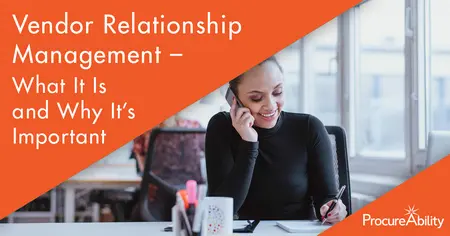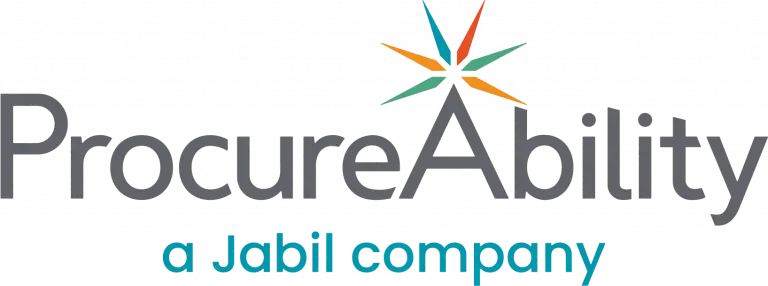
Vendor relationship management – most anyone in the practice of procurement has come across this concept, and for some, it’s a focal point of their work. Vendor relationship management is exactly what it sounds like – the managing of relationships with vendors, which, in today’s world, is conducted heavily through software and the internet. When executed effectively, vendor relationship management can be the difference in simply performing business with a vendor and developing a longstanding strategic alliance for both companies to achieve an otherwise unachievable level of growth together.
What Is It
At its core, vendor relationship management encompasses thorough communication and collaboration to achieve a level of synchronicity between two parties. That synchronicity works to maintain optimal supply management, or in the case of service procurement, optimal execution of services performed.
The most robust vendor relationships often include a high level of collaboration that can lead to the distinction between barebones offerings and hand-crafted solutions.
Why it’s Important
Growth – the saying goes that rising tides raise all ships – that certainly rings true with vendor relationships. Though each side will always need to do what will be best for their own respective ends, the -more adversarial approaches utilized in the procurement of yester-years is not conducive to getting the most of a vendor relationship today. The strongest vendor relationships of today can be viewed more as partnerships or strategic alliances, where collaboration and sharing information are key drivers in mutually achieving success.
Keys to Managing Vendor Relationships:
Below are four major keys to effectively managing vendor relationships:
- Communication = consistent correspondence, quality communication, personal relationships
- Collaboration = sharing information, systems integration, operational transparency
- Technology = as a part of the above-mentioned collaboration process, having vendor relationship management software and tools can help in areas such as: day-to-day order management, communication, tracking and metrics reporting.
- Strategize & Measure Key Performance Indicators (KPIs) – develop a strategy and roadmap for success. KPI establishment and subsequent measurement creates a foundation for your relationship’s growth.
Vendor relationship management practices can be a major difference-maker to companies that may not currently utilize such practices. Understanding these principals can benefit vendor relationships of any level, which in turn is in the best interest of your company.
Subscribe to ProcureAbility Insights to access whitepapers, presentations, plus our latest thought leadership.



